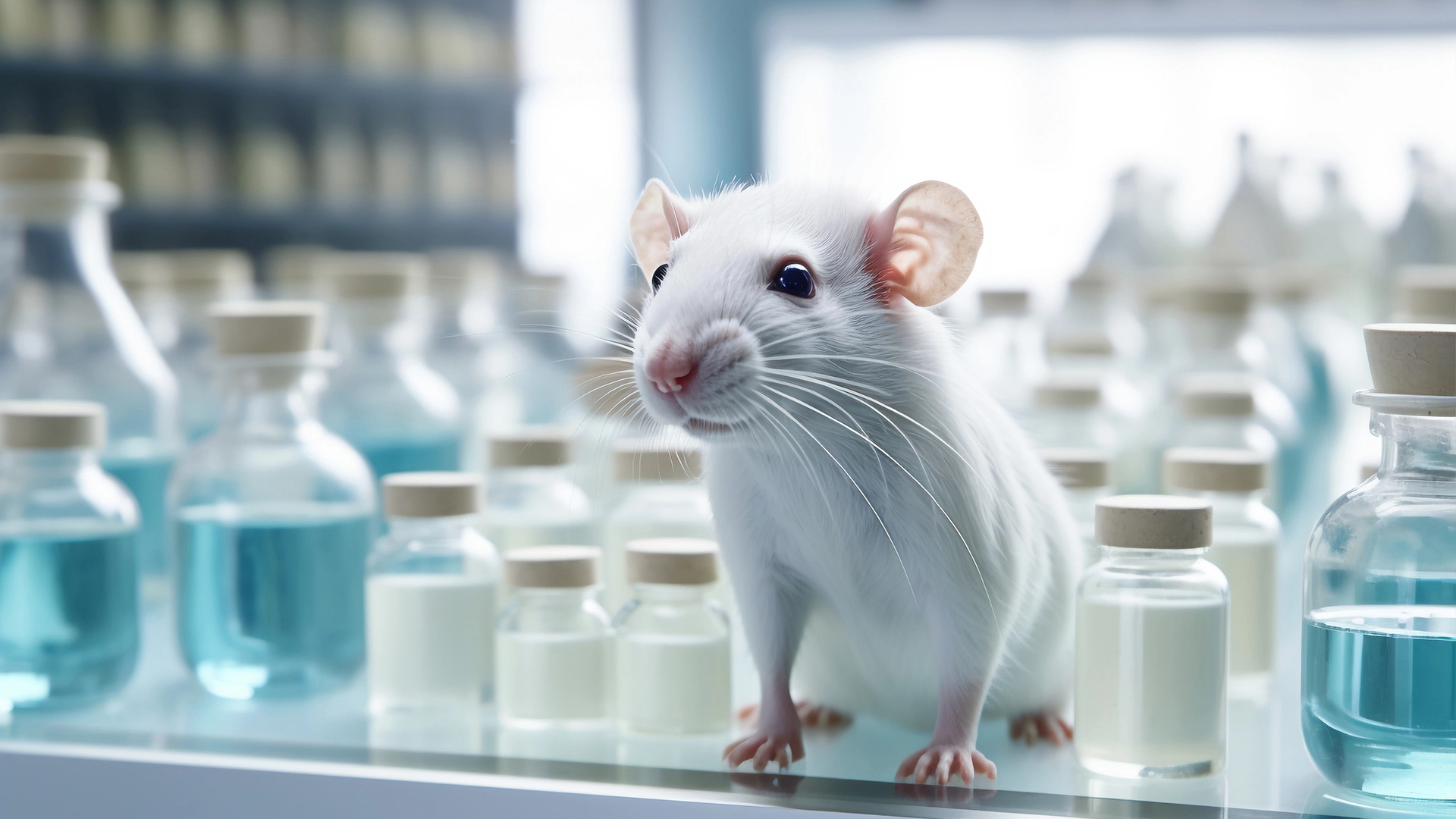
Image by Freepik
AI-Generated Rat Sparks Scrutiny Over Millions Of Scientific Papers
The AI-generated rat picture in a retracted study reveals a deeper crisis of overwhelmed scientists and low-value papers flooding academic journals each year.
In a rush? Here are the quick facts:
- Over 3 million papers published yearly; many are low quality.
- Peer review system is overwhelmed and unsustainable.
- Royal Society plans major review of scientific publishing.
An AI-generated rat image in a retracted study reveals the A bizarre scientific paper featuring a rat with an oversized penis and testicles labeled “dck” and “testtomcels” became an online joke, as previously noted by the Telegraph.
However, it also shed light on a growing crisis in academic publishing, as noted in a new review by The Guardian.
Published in Frontiers in Cell and Developmental Biology, the study included AI-generated images that were never verified for accuracy. Despite the paper passing peer review, it was retracted just three days later.
But scientists say this isn’t just a funny mistake, it’s part of a much bigger issue. Millions of scientific papers are being published each year, many of questionable quality.
According to Clarivate data, reported by The Guardian, research output rose 48% from 2015 to 2024. Peer review, the traditional safeguard, is overwhelmed, with experts spending over 100 million hours reviewing papers in 2020 alone.
“The incentive should be quality, not quantity. It’s about re-engineering the system in a way that encourages good research from beginning to end.” said Sir Mark Walport of the Royal Society, as reported by The Guardian. “Volume is a bad driver,” he added.
Open access publishing, where authors pay to publish papers freely online, has made science more accessible, but also profitable.
The Guardian reports that some publishers now push for more submissions, with Swiss firm MDPI charging £2,600 per paper and offering over 3,000 special issues in a single journal. Critics warn that this model rewards quantity over scientific value.
“The far greater danger by volume and by total numbers is the stuff that’s genuine but uninteresting and uninformative,” said Dr. Mark Hanson of Exeter University, as reported by The Guardian. Nobel laureate Prof. Andre Geim agrees: “I do believe that researchers publish too many useless papers.”
The Royal Society is preparing a major review on the future of scientific publishing. With AI and global expansion reshaping the field, experts are calling for urgent reforms, before trust in science erodes even further.


 Previous Story
Previous Story

 Latest articles
Latest articles 